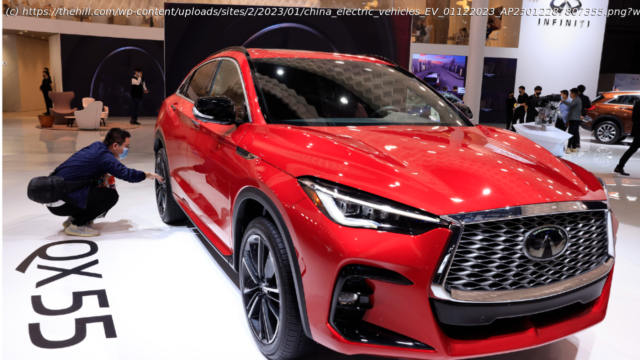Array
The electric vehicle revolution that’s been sweeping the world has finally arrived in America, powered by technology, an urgency to address climate change and the nudge of government incentives that became a push with the Inflation Reduction Act.
This is good news, it seems — until you look under the hood.
Current U.S. trade policy and the tight requirements written into the Inflation Reduction Act for EV tax credits (which took effect Jan. 1) will undermine the adoption of EVs in the United States by limiting access to vehicles made by close allies like Germany, Japan and Korea. Our global partners, like the European Union, also might retaliate with their own subsidies or local manufacturing requirements. This must not be our future.
The Inflation Reduction Act has rightly been hailed as a savior of U.S. climate policy. It’s part of the federal government’s effort to ensure half of all vehicles sold in 2030 produce zero emissions. The new law provides consumers a $7,500 tax credit for EVs but requires that EVs be manufactured in the U.S, that 60 percent of the batteries be made in the U.S. and that a battery’s critical minerals be mined, processed or recycled in the U.S. or in a country with which the U.S. has a free trade agreement. No components can come from “a country of concern,” such as North Korea, Russia or the EV kingmaker, China.
The dirty little secret is that it will be nearly impossible for EVs in the U.S. to meet these requirements. Today, Chinese companies control 80 percent of all critical minerals, including 80 percent of the world’s cobalt refining capacity, 82 percent of the world’s graphite production and 93 percent of global manganese refining. It is not a surprise, then, that China has more than three-quarters of the world’s manufacturing capacity for EV batteries; a single Chinese company, CATL, controls one-third of the entire global battery market.
China also controls mines in impoverished countries, like Congo, which has the world’s largest cobalt supply.






